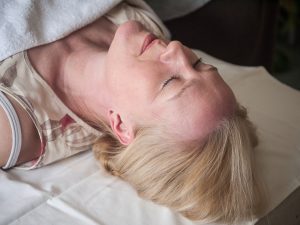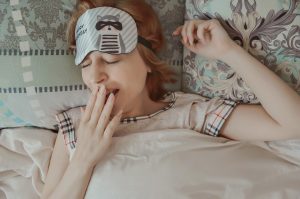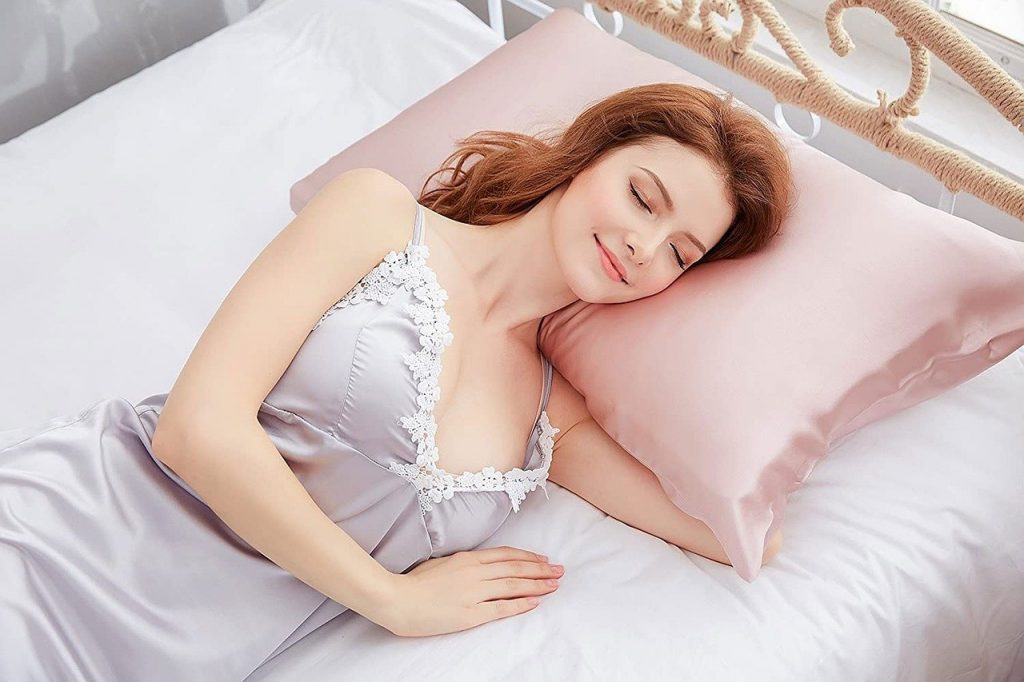Main cause of snoring
The main cause of snoring is the vibration of the air coming from the passageway to the nose connecting to the mouth. Of course, it doesn’t mean that snoring cannot pass one way, it can actually use both passageways during sleep without the snorer’s awareness.
Snoring can be loud but there are people who snore quieter than others too. It all depends on the tissues located in passageways where the air goes through. So you ask, how can be snoring become loud and not so loud at times? It all happens when the air passes through a narrow passageway. It can be passing through a narrow throat going to the nose or mouth or it can also be passing through a narrow airway to the nose. Either way, it’s how snoring is produced.
Why does snoring only happens at night
There’s also a tiny detail you need to know about why people only snore at night while sleeping. After all, we all use air passing to and from all the different parts of our body every day, why does snoring only happens at night? The reason is simply that all the muscles and tissues of the body become relaxed and it all goes back to the narrow passage airway again. But then, the loudness of snoring also has something to do with the air through the mentioned passageways.
Women & Snoring
Looking at the anatomical structure of women, our necks are shorter than that of men, which causes less snoring because larger necks could mean more tissues. In terms of hormones, men’s body doesn’t produce Progesterone which the women’s body does. Progesterone is the hormones present in women which makes them snore-free (well, in most cases).
Generally, we are still affected due to outside factors and which are mostly accumulated as allergies, cold and flu. The lifestyle of a woman also has something to do with how severe snoring can become.


Snoring VS. Sleep Apnea
30% of women snore.
There is a substantial difference in snoring and sleep apnea but, ironically, the treatments are much the same. It is first important to differentiate the two terms.
Nearly 1/3 of those who snore also suffer sleep apnea, a potentially deadly condition – and often without knowing it.
To snore is nothing more than a vibration caused from fatty tissue rubbing against the back of the throat during sleep. It is often the cause of sleep loss, aggravation and inconvenience. Snoring alone, however, is not as dangerous as sleep apnea.
Sleep apnea occurs when an individual stops breathing completely throughout the night. This is usually caused by a complete airway blockage resulting from tissue in the throat relaxing and cutting off the air supply. The sleep apnea sufferer awakens quickly due to their loss of air, but they may not realize what has happened. Frequent awakening, difficulty breathing or gasping for air and heavy snoring are all common signs of sleep apnea and may require an immediate need for effective snoring and sleep apnea treatments.
Snoring and sleep apnea limit your breathing and, therefore, the amount of oxygen you take in during the night.
There is a variety of snoring and sleep apnea treatments, including changing to sleeping on your side instead of your back, maintaining a healthy diet and exercise program, getting rid of your home of allergens to help you breathe easier during the night, elevating your head with an extra pillow at night or the use of doctor-recommended apnea treatment devices or specific exercises.
Once a patient has been diagnosed with sleep apnea, a more aggressive series of snoring and sleep apnea treatments may be required. If left untreated, sleep apnea can lead to heart disease, a stroke or other serious medical condition. Many apnea sufferers use a Continuous Positive Airway Pressure (CPAP) machine to help them receive a continual amount of air during the night, which helps to prevent the tissues in their throat from collapsing and blocking their airway causing them to stop breathing completely.
During snoring and sleep apnea treatments, sleepers need to sleep with their mouth closed or they risk losing the effects of the CPAP treatment. The Sleep Genie is a product that is designed to help improve sleep quality and allow the sleeper to rest comfortably with their mouth closed. While not intended to be used as a cure for sleep apnea, it may help to keep the sufferer’s mouth closed so that they can continue to receive the benefits of the CPAP machine.
If the patient suffers from snoring, and not sleep apnea, the Sleep Genie is beneficial in helping to prevent snoring altogether because it is virtually impossible to snore with your mouth closed. For different treatment which doesn’t precise any device but special exercises to be learned and surprisingly getting rid of snoring, click here.

Discover 5 Types of Snoring and How to Diagnose and Treat Each:
Snoring is always caused by something partly blocking and narrowing your breathing passages (throat, nasal passages, mouth). Then, the soft tissues in your breathing passages flap in the airflow – making a loud noise. But what blocks the breathing passages differs from person to person.
5 things that block the airflow, causing the 5 types of snoring:
(You may have more than one of these types)
- Throat clamping down (often associated with sleep apnea).
- Tongue falling into the throat while sleeping.
- Narrow nasal passages (or congestion) blocking the airflow.
- Tension in the jaw narrowing the air passages (more common than you’d think).
- The soft palate is too weak or unusually big (this is one of the most common diagnoses for completely unnecessary snoring surgeries).
That’s Why Different Things Work for Different People
Nasal strips will do no good if your snoring is caused by weak tongue muscles. And soft palate surgery won’t help if your throat is to blame. That’s why they don’t work for most people.
Let’s Check Effective Exercises to Treat Your Snoring In 3 Steps:
Step #1:
Understand Exactly What Causes You to Snore
It’s very easy to find out. For example: “Do you snore even when you sleep with your mouth closed?” (Your partner may need to answer this.) If the answer is Yes, then more likely than not, your nasal passages are to blame.
Specific exercises focused on opening up the nasal passages are needed. You can check for more info regarding these exercises at this link.
Step #2:
Learn the Exercises Tailored Exactly to Your Type of Snore
There are 3–4 recomended exercises based on your type of snoring (throat, tongue, nasal passages, jaw, or soft palate).
Each exercise takes about a minute or two to do. So you’ll have to put aside 3–5 minutes per day to completely treat your “loud breathing”. They are well explained in simple language, and the directions are well-illustrated too, so they’re very easy to learn. Plus, you can also follow along on the audio directions, so if you are interested in all that, click here.
And yes, it is recommended that you keep on doing the exercises for a few days, even if you don’t snore. Just to make sure it doesn’t reappear.
Step #3 (optional):
Learn the Most Powerful Sleeping Positions to Prevent Snoring
You see, treating it is all about opening up the breathing passages so they’re not blocked by anything.
These positions also guarantee you never have to snore again, even in the extremely rare instances the exercises don’t help or take a long time to work. In one sleeping position, you can lie on your back; in the other, you sleep on your side. It all depends on what you like. For more information about sleeping positions click here.
Are you tempted to try those exercises?

Tired minds don’t plan well. Sleep first, plan later.
Walter Reisch
If you have enjoyed our article, check for more interesting articles and tips on our site Spry Ladies, check our Facebook, or our pins on Pinterest and follow us on YouTube.


